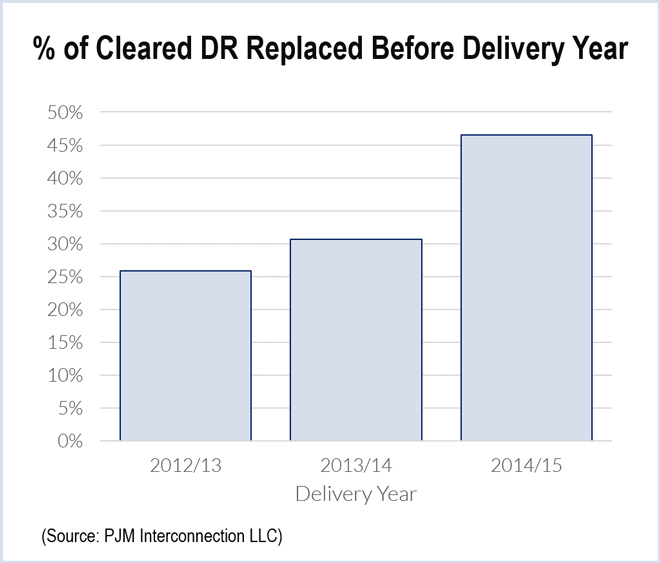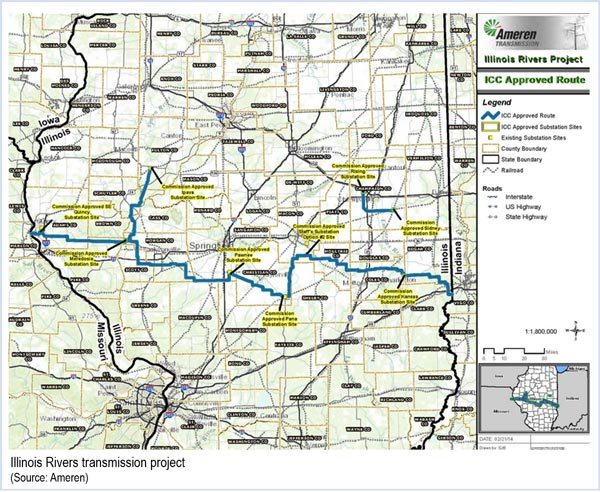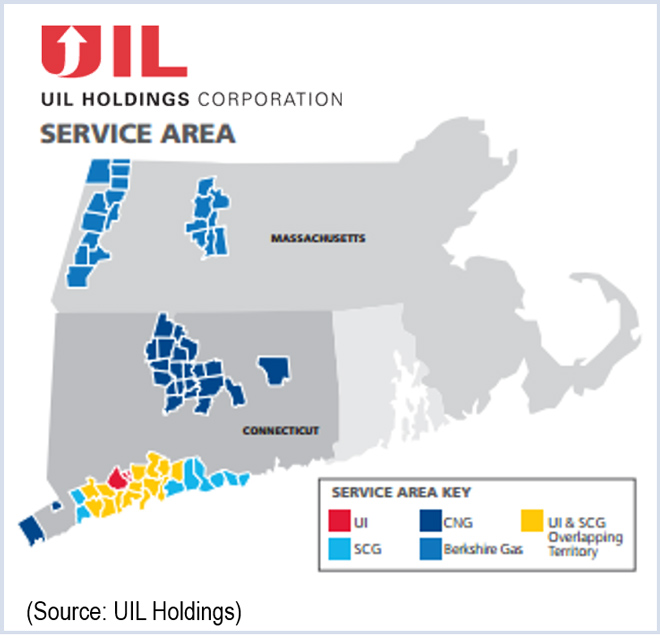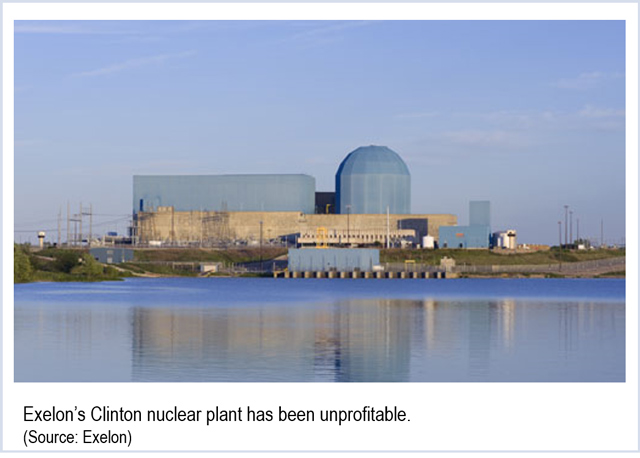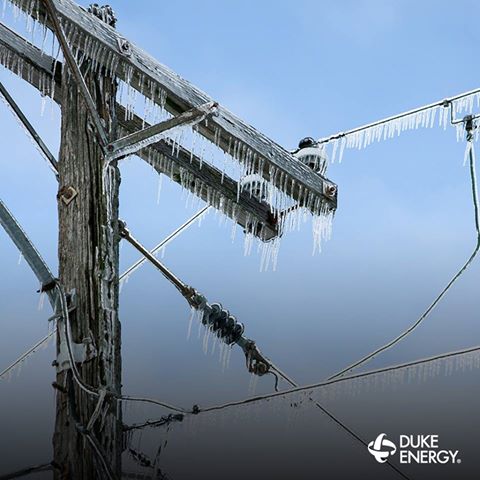By Rich Heidorn Jr.
NEW ORLEANS — MISO officials last week called Year One of MISO South a success but acknowledged room for improvement in crisis communications and unfulfilled potential because of the ongoing dispute with SPP.
MISO said ratepayers of Entergy and other utilities that joined MISO in December 2013 received $730 million to $954 million in net benefits in 2014, including at least $160 million from more efficient generator commitment and dispatch and at least $570 million from deferred generation investments made possible by the increased footprint diversity.
MISO had estimated the benefits for the Entergy companies alone at $524 million.
The expansion boosted MISO’s high-voltage transmission to almost 66,000 miles from 50,000 and its generation capacity to 177 GW from 133 GW.
Wayne Schug, vice president of strategy and business development, explained how MISO calculated its “value proposition” in a presentation to members last week.
The RTO said the entire footprint saw net benefits of $2.2 billion to $3.1 billion. Schug said the range reflects different assumptions that went into the calculations.
Load Shed, Tornado Highlight Need for Better Coordination
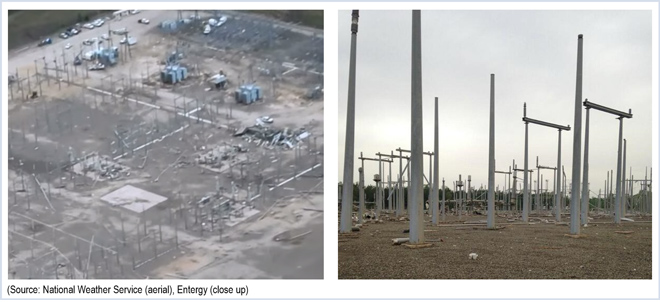
The southern expansion meant the RTO, accustomed to dealing with winter snow storms, also had to be prepared for extreme summer heat and hurricanes, said Todd Hillman, vice president of MISO South.
While the summer was mild and there were no severe hurricanes, officials said their emergency procedures were tested during several incidents.
On April 23, multiple forced outages led to post-contingent loading of more than 125% of system operating limits, with studies indicating 1,100 MW of load at risk for the next contingency.
MISO treated the situation as a temporary interconnection reliability operating limit (IROL) condition.
After redispatching generation, MISO directed Entergy to shed 150 MW of load. Entergy ultimately shed 163 MW for almost two and a half hours, avoiding a much larger load shed.
Hillman said the incident highlighted a need to improve crisis communication with state commissions. “We could do a much better job of coordinating with the states,” he said.
Four days later, on April 27, a tornado hit Northern Arkansas, cutting a half-mile-wide swath for about 80 miles with winds of more than 136 mph. Multiple 500-kV transmission lines were lost or damaged, and MISO ordered Entergy’s Arkansas Nuclear One offline.
Hillman said the incident demonstrated the need for better coordination with nuclear units following severe weather events.
Another management challenge for MISO is the much larger qualifying facilities in MISO South, with some behind-the-fence industrial generators as large as 1,500 MW.
SPP Dispute
Officials said the ongoing dispute with SPP had limited the benefits of the larger footprint.
“I really hope we can resolve” the SPP dispute, said Director Michael Curran, who said their neighbor could help improve East/West transmission. “If we continue to take hostages … or create toll roads, we’re really just undercutting the economic successes,” he said.
MISO Board Chairman Judy Walsh said she and CEO John Bear attended SPP’s January board meeting at the invitation of SPP Chairman Jim Eckelberger and later dined with the SPP board at Eckelberger’s home. “I think that was a breakthrough of sorts in the relationship,” she said. “The boards have developed a common goal of greater communication and cooperation and working together to make the seams more efficient.”
She said MISO plans to return the invitation to SPP.
